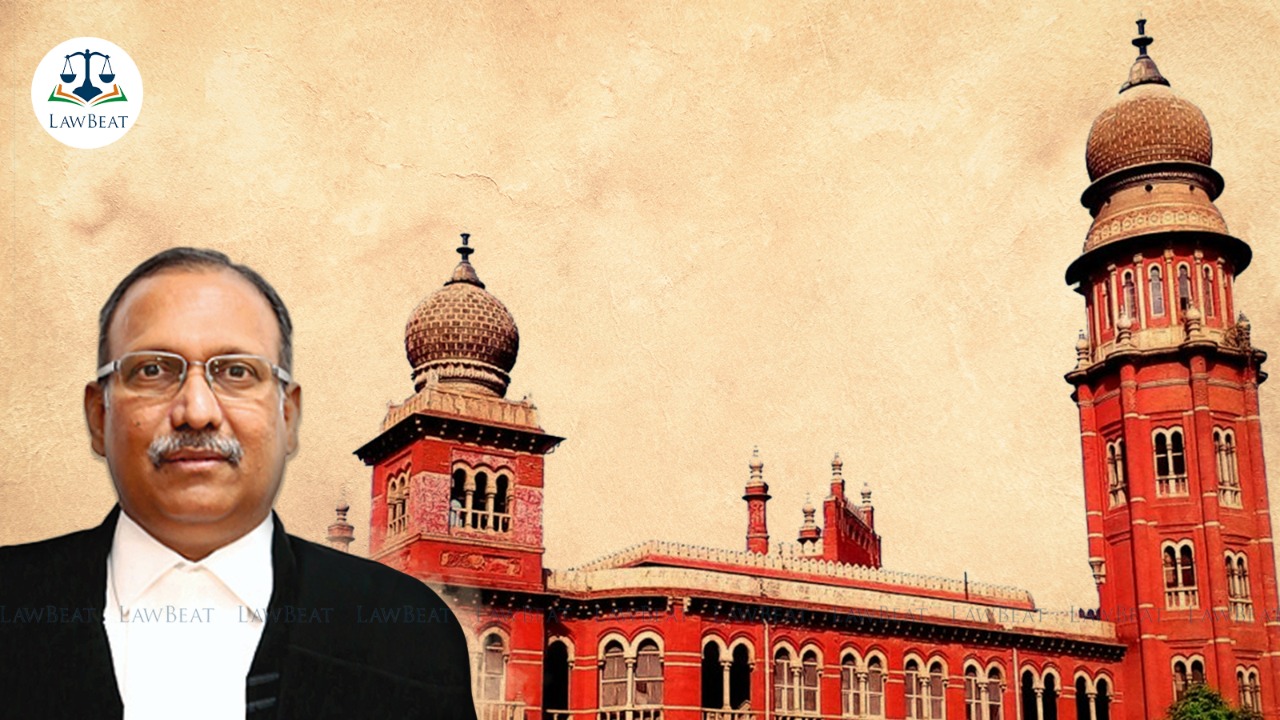"Right To Seek Vote A Fundamental Right": Madras High Court

Court was hearing a plea alleging instances of damage that occurred during the election campaign of the Bharatiya Janata Party (BJP) in the year 2014.
In a significant ruling, the Madras High Court made an insightful observation that the right to vote may only be a statutory right but the right to seek votes is a fundamental right.
The bench of Justice SM Subramaniam said, "Because democracy is a basic feature of the Constitution. One can seek votes in a variety of ways. Parties and candidates hold rallies and meetings. If anyone causes disturbance, it is an electoral offence".
The judge added that the candidates/party cadre are entitled to engage in door-to-door campaigning. "They can go to any locality or area for the purpose of peacefully canvassing for votes. No individual has the right to prevent or restrict the exercise of the said right," the judge emphasised.
Justice Subramaniam clarified that this right is derivable from the right to freedom of speech and expression, the right to assemble peaceably and without arms, and the right to freely move throughout the territory of India.
"Without elections, there is no democracy. Unless there is free and effective campaigning, elections will be rendered a farce. The State is under a constitutional obligation to ensure that this right is upheld at all costs and under any circumstance," he observed.
Moreover, Justice Subramaniam stressed that the persons who attempt to restrain candidates and party cadre from exercising this right shall be dealt with an iron hand.
The observations were made in a plea filed seeking compensation for the damages caused to the petitioner's properties during BJP's campaign during the 2014 Lok Sabha elections.
The petitioner, namely Habeeb Mohamed, alleged that one Karuppu @ Muruganantham who was campaigning for BJP on 14 April 2014 at Mallipattinam village, raised slogans against Muslims and indulged in physical violence. Karuppu, along with his supporters, caused damage to the mechanized boats, vehicles belonging to the petitioner, and others, the petitioner claimed.
Apart from compensation for the damage caused, the petitioner also sought direction for a judicial enquiry into the allegations by a team comprising of retired high court judges, human rights activists, secular journalists.
While deciding the matter, Justice Subramaniam began the 11-page-long judgment with reference to the film “Maamannan”. He refers to the role played by Vadivelu, the iconic Tamil comedian. In the film, Vadivelu plays the role of an MLA who contest for re-election. His adversary has a different game plan. Vadivelu is unable to canvass. He is prevented from even entering villages and localities. Fortunately, technology comes to his rescue. He reaches out to the voters through social media.
Justice Subramaniam stated that Section 127 of the Representation of the People Act, 1951 provides for punishment for causing disturbances at election meetings.
"What applies to election meetings would apply with equal force to electoral campaigns also," he stressed.
He noted that though it was true that certain violent incidents took place on the said date, it appeared that the petitioner and others from the village had attempted to prevent the BJP campaigner from conducting his rally.
Probably, it is this that triggered the entire occurrence. In any event, it is not for this Court to go into the factual aspects, he opined.
Therefore, regarding the issue of compensation, he held that before the court, there were allegations and counter-allegations which would require undertaking scrutiny of factual aspects.
Therefore, while pointing out that the jurisdictional criminal courts are seized of the matter and under Section 357 of Cr.P.C, they are competent to award compensation, court held that the petitioner could avail the said remedy before the jurisdictional court.
Accordingly, court granted the liberty to the petitioner to apply to the trial court seeking compensation at the conclusion of the trial and dismissed his plea.
Case Title: Habeeb Mohamed v The Home Secretary, Government of Tamil Nadu and Others
